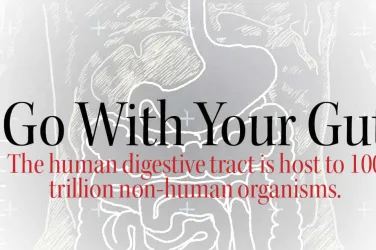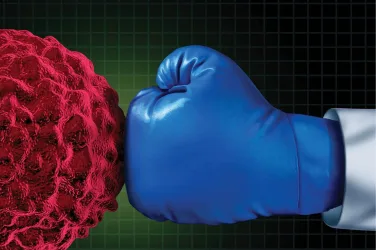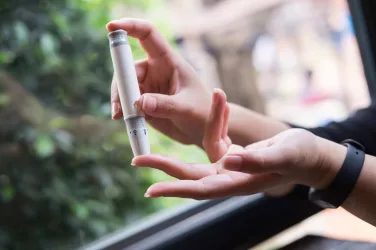
By Annette Brook
Did you know your body makes more than 50 different hormones? These powerful, complex chemical messengers created by the endocrine system glands, as well as the testes and ovaries, regulate everything from mood, development, and growth to the sleep/wake cycle, reproduction, and metabolism. Even the slightest imbalance or hormone over- or under-production can wreak major havoc on our health and quality of life.
Various things affect hormone production and balance, including prescription medications and diseases like diabetes, hyperthyroidism, hypothyroidism, Cushing’s syndrome — a rare condition, and PCOS (polycystic ovary syndrome). And, of course, a major culprit that eventually affects everyone is age, which impacts the sex hormones — estrogens (estradiol, estrone, and estriol), progesterone, and testosterone.
You’ll experience different signs and symptoms depending on your hormonal imbalance.
Talk with your doctor about other lifestyle changes that promote hormonal health, such as eating whole, unprocessed foods free from additives and chemicals. Additionally, some hormone imbalances may be addressed by eating certain foods. For instance, someone with low estrogen levels may benefit from consuming foods such as soy products, chickpeas, cruciferous vegetables, cashews, alfalfa sprouts, berries, and legumes. These and other foods are estrogenic, containing higher levels of phytoestrogens called isoflavones.
You may also wish to avoid toxic substances such as BPA’s (Bisphenol A) that may affect hormone production. They can be found in plastic goods, personal-care products, fragrances, food packaging, and even tap water.
When to See a Doctor
Hormone problems cause a wide range of symptoms. See a doctor if you persistently don’t feel right, and especially if you have any symptoms of hormonal issues. Don’t be tempted to self-diagnose or use DIY treatments such as transdermal creams and oral supplements. You can do more harm than good without an accurate diagnosis and customized, measurable treatment plan.
Your primary healthcare provider is a good place to start, but it’s also wise to see an endocrinologist. These medical specialists are uniquely trained in endocrinology, a field of medicine that studies, diagnoses, and treats hormone-related conditions. Tools and tests used to diagnose endocrine problems include urine, blood, genetic, and hormone tests, as well as imaging, such as MRIs.
If you’re diagnosed with age-related sex hormone imbalance, seek a provider experienced in using traditional hormone replacement therapy (HRT) and/or plant-based bioidentical hormone replacement therapy (BHRT) who will regularly measure your hormone levels and adjust your treatment plan based on these and your reported results.











